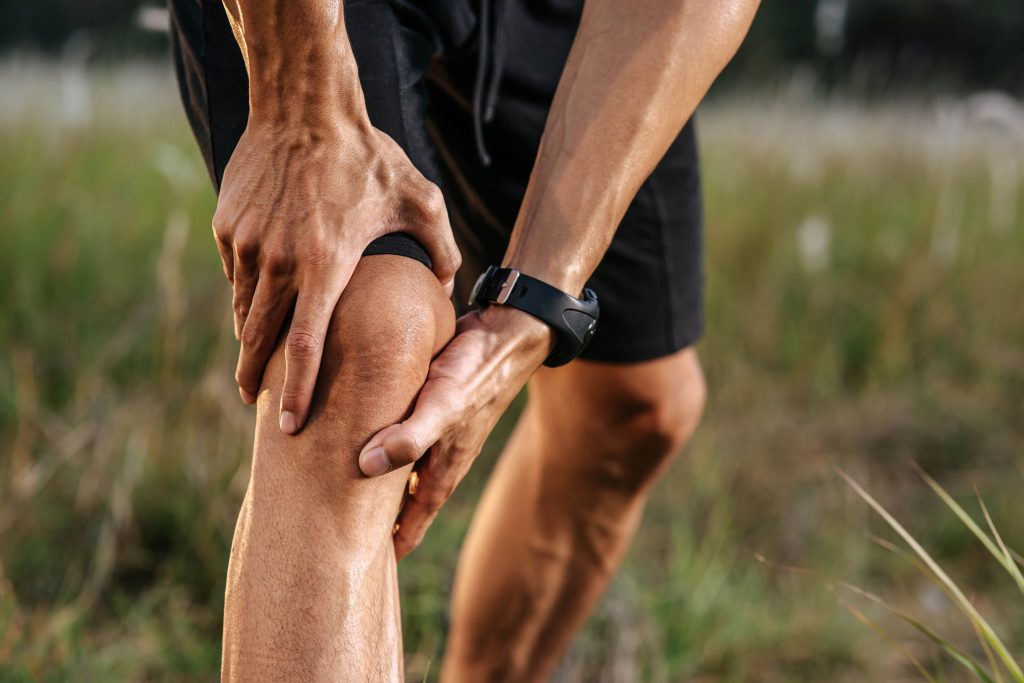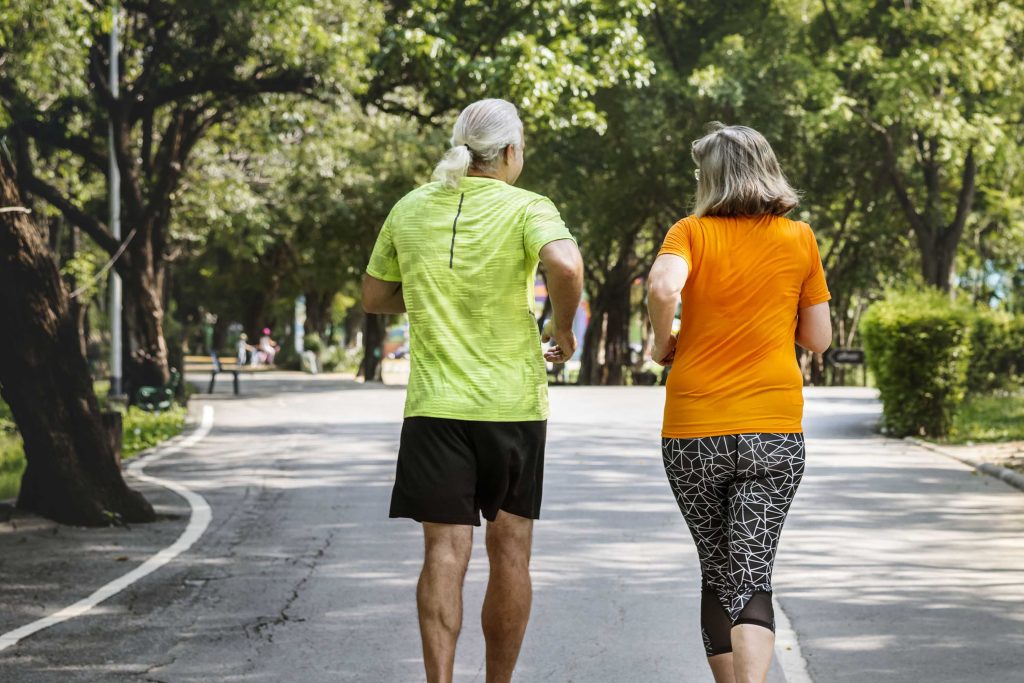Pregnancy is an exciting time — but it can also feel overwhelming. Your body is changing, hormones are shifting, and you may be dealing with pain, fatigue, or uncertainty. On top of that, well-meaning advice from family and friends can leave you more confused than supported.
While there’s a lot of information out there, many women don’t fully use the professional help available to them. At Mudgee Physio, our team is here to guide you through every stage of pregnancy and beyond, helping you feel stronger, more comfortable, and better prepared for what’s ahead.
Active Pregnancy
Carrying and delivering a baby is physically demanding. Staying active during pregnancy helps reduce pain, improves energy, and may make delivery and recovery smoother.
A few things to keep in mind when exercising:
Cardiac health: Keep exercise at a moderate level to avoid overloading your heart.
Circulation: Swelling is common later in pregnancy — compression socks and gentle ankle exercises can help.
Overheating: Avoid high-intensity exercise that raises your core temperature; stay hydrated and wear light clothing.
Joint changes: Hormonal changes loosen your ligaments, making your joints (especially hips and back) more vulnerable. Opt for low-impact activities like swimming, wear supportive shoes, and maintain good posture.
Done safely, exercise during pregnancy is beneficial for both mum and baby.

Pelvic Floor Muscles
Your pelvic floor supports your bladder, uterus, and bowel — but pregnancy places them under extra strain. Weakness in these muscles can lead to incontinence, pelvic discomfort, or delayed recovery after delivery.
Our physiotherapists can teach you simple strategies to strengthen and protect your pelvic floor, improving both pregnancy comfort and postnatal recovery.
Abdominal Muscles
As your baby grows, your abdominal muscles stretch. After delivery, these muscles need help to re-activate and return to their normal function. Traditional “core” exercises aren’t always safe — if done incorrectly, they can make abdominal separation (rectus diastasis) worse.
At Mudgee Physio, we can guide you through a safe and effective program to support your abdominals during pregnancy and help restore strength postnatally.
Back Care
As your baby bump grows, posture changes often lead to back pain. To ease discomfort:
Maintain good posture when sitting and standing
Engage your abdominal and pelvic floor muscles for support
Stretch regularly for spinal flexibility
Consider a pregnancy-specific back support (after consulting your physio)
The Takeaway
Pregnancy comes with big changes, and some level of discomfort is normal — but that doesn’t mean you have to struggle. With the right support, you can feel stronger, more confident, and better prepared for motherhood.




